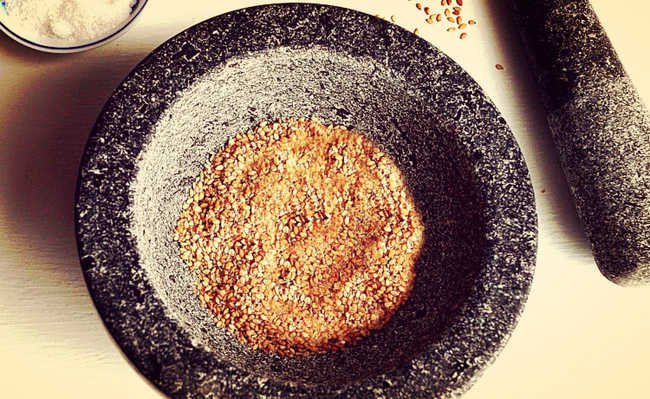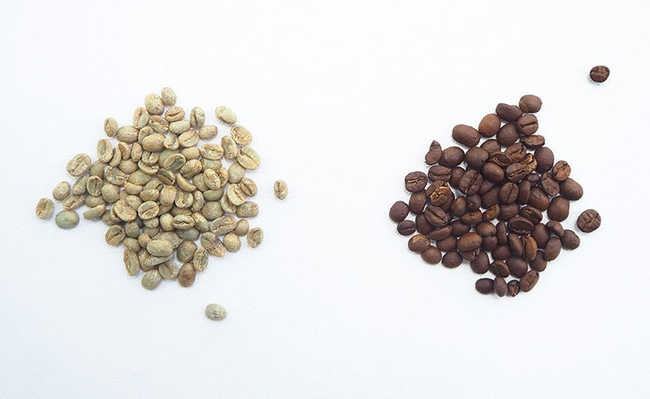General seasoning: benefits and how to do it
Gersal helps reduce sodium intake, is a source of minerals, vitamin B6, proteins, beneficial fat, fiber and is easy to make.

Gersal is a Japanese-derived spice that provides many health benefits. In addition to enhancing the flavor of the dishes, it is very easy to make at home.
Originally called gumma , the term "gersal" is a combination of the words "sesame" and "salt". That's because sesame (seeds) and salt are its ingredients.
General benefits
Sodium chloride (NaCl), popularly known as table salt, is an ionic compound whose constitution is approximately 40% chlorine and 60% sodium. It is present in everything from our blood to the oceans, and has nearly 14,000 known uses.
Table salt is an essential nutrient, meaning it is not produced in our bodies. The human body contains approximately 0.15% salt (in a person weighing 50 kg, there is 75 g of salt). It is an electrolyte that works by conducting electricity and keeping our cells, muscles and nervous system working. In this way, sodium facilitates this transmission of electricity in the human body.
Another important factor in its consumption is that table salt has iodine added to its composition, which helps to prevent diseases caused by a deficiency of this substance, such as goiter, congenital anomalies, deafness, mental retardation and an increase in the volume of the gland. thyroid.
- Table salt: with thousands of uses, an essential nutrient for the body also poses risks
However, the sodium (Na) present in salt, if consumed in excess, can be harmful to health.
Industrialized products have exorbitant amounts of sodium, which makes a considerable part of Brazilians consume sodium in excess. To alleviate this problem, in addition to reducing your consumption of processed and ultra-processed foods, you can salt your meals with gersal. By adding sesame to salt you decrease the amount of salt ingested - therefore, your sodium intake - without giving up the taste.
But reducing the amount of sodium ingested isn't the only benefit of gersal. Sesame seeds contain 52% beneficial fats and are made up of unsaturated fatty acids, which contribute to lowering cholesterol levels. In addition, they are abundant in fiber, protein, thiamine, vitamin B6, folate, tryptophan and minerals such as calcium, iron, magnesium, phosphorus, manganese, copper and zinc. To know more benefits of sesame take a look at the article "Benefits of sesame".
how to make gersal
Ingredients
- 10 tablespoons of roasted sesame
- 1 tablespoon of salt
Method of preparation
If the sesame seeds you purchased are purchased in bulk, wash them out to remove any soil and other debris.
Heat a non-stick pan. Then, over low heat, put the salt in the pan, leave for three minutes and set aside (if the salt is moist, leave it longer). Add the sesame to the pan (without using oil) and, stirring, let it fry for about three minutes, avoiding burning or roasting too much so as not to acquire a bitter taste.
To acquire a powdery appearance, macerate the sesame with salt in the suribachi or blend in a blender. Okay, just wait for it to cool and store your gersal in a glass jar to use in your recipes.









